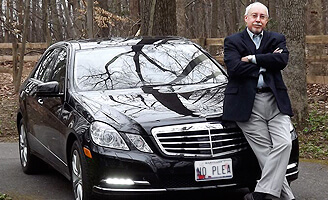Maryland law requires that the client receive treatment in a “certified” program. Some programs offer more than what they are certified to do. Some do not have the proper counselors teaching the “certified” program so that the treatment does not meet the “certification” standard. The State Department of Health and Mental Hygiene is in the process of trying to educate the judiciary, so that the programs they or the defense lawyers refer clients to are appropriate.
A certified counselor has met the State’s educational requirements and licensing requirements. Just like a lawyer has to meet the requirements of the State before he or she can practice. An unlicensed counselor conducting a meeting is an AA meeting. The program can charge want they want, but it is just an AA meeting. A 28-day in-patient program in a “non-certified” facility is a Sober Living House. It is not certified although it may provide therapy. I have used that type of facility after a client has gone a certified program and the court uses the Sober Living facility as an alternative to jail.
I saw a District Court judge deny another lawyer’s client a PBJ on a first offense, no horrible facts DUI because the lawyer presented a letter from a “non-certified” program. Since the lawyer should be making the decision as to which program the client attends, the client needs to be aware that the use of a popular but “non-certified” program may result in a horrible disposition of the case.
The only three “certified” residential treatment programs in this area, are Gaudenzia in Owings Mills, Phoenix Recovery in Edgewood, MD, and Father Martin’s Ashley in Cecil County. They are taught by certified counsellors and have State approval. A criminal defense lawyer must always prepare for a disaster, and if the lawyer rols the dice on a treatment program, disaster is waiting and likely to happen.

